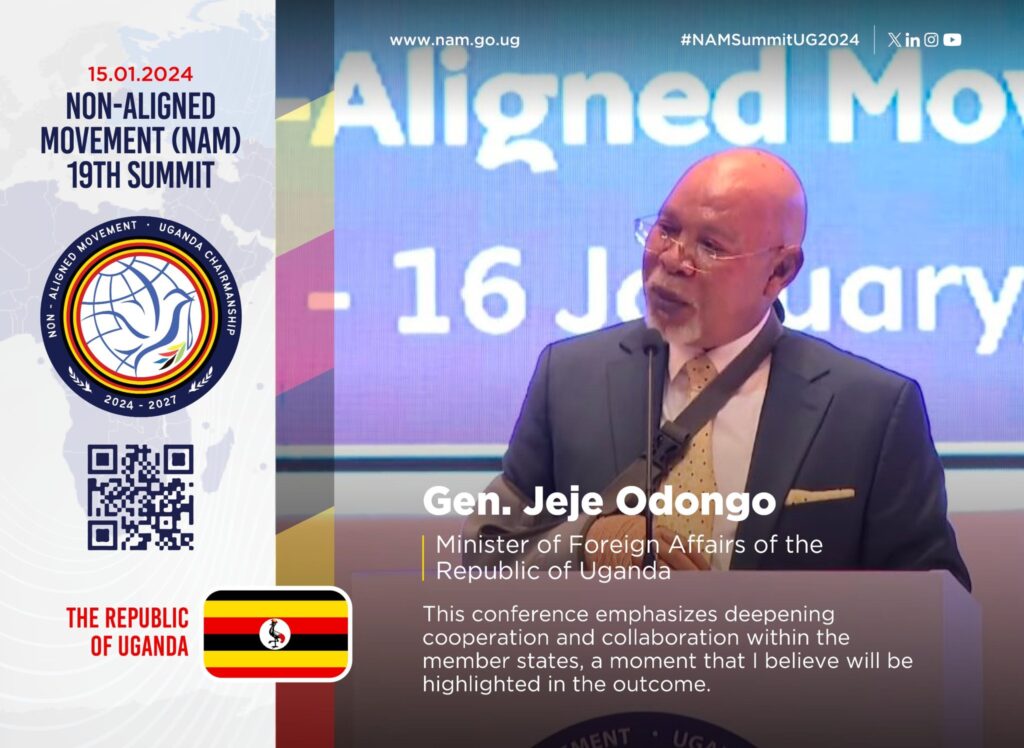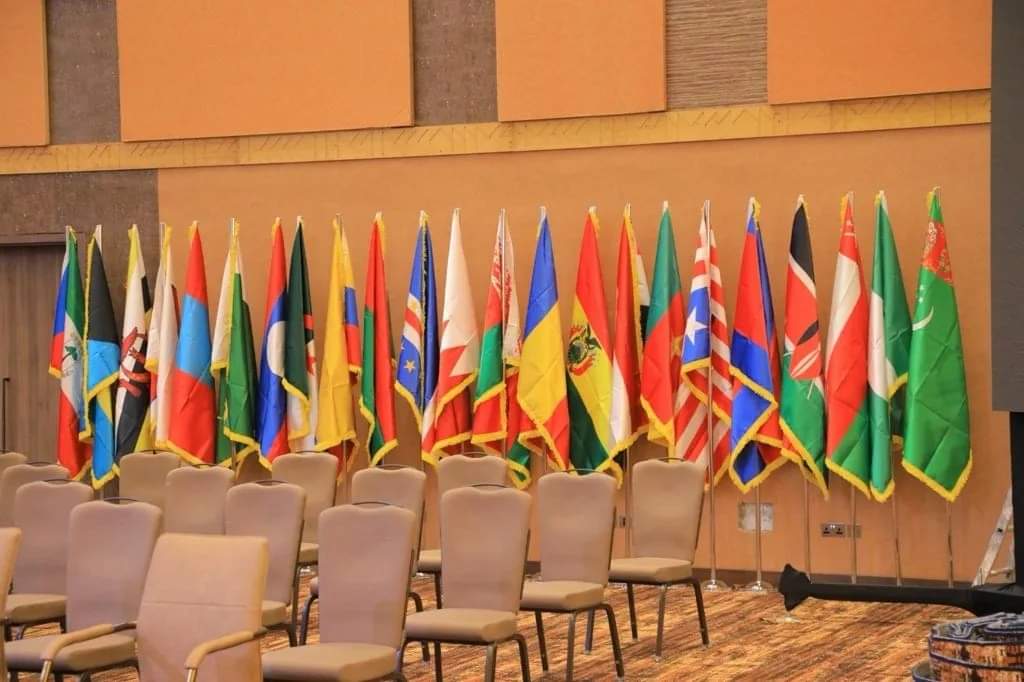Many of the great students of history have heard of the 1955 Bandung conference that sparked off several summits including decolonization and the Belgrade event which officially established the Non-Alignment Movement (NAM) in Yugoslavia ,1961.
The origin of the story was birthed in Bandung, Indonesia, April, 18th to 24th, 1955 during the Bandung Conference. The Bandung conference was nicknamed the Asian-African conference which had a total number of 29 countries from Asia and a few countries from Africa.
The conference laid a foundation for NAM which was a cornerstone in the international politics of cold war. It was majorly driven on core principles of independence and self-determination, non-interference and state sovereignty, the reason members states are treated equally.
NAM became a powerful voice to newly independent nations and post-colonial world order.
Various countries have hosted this summit ever since its first siting. The 19th summit of the Heads of state will be hosted in Uganda, Kampala.

This summit’s theme is “Deepening Cooperation for shared Global Affluence” with a number of 120 member states, 10 observer countries and 10 observer organization.
The question remains, how will this Year’s summit yield best outcomes amidst the current global challenges. Speaking about only the challenges of the Non-Aligned Movement will be as bad as a mother who only speaks about her own children.
There is need to underscore the context in which this Year’s summit will guide and bring an everlasting positive impact to the world.
In today’s interconnected world, we are confronted with a myriad of challenges. These include the ongoing conflict in Ukraine and its implications for international security, the emergence of new power centers and the shifting balance of power globally, the persistent threat of terrorism and the role of the United Nations, the impact of the COVID-19 pandemic, and the pursuit of the Sustainable Development Goals (SDGs), among others. It is crucial that these issues take center stage at the summit.
The Non-Aligned Movement (NAM) has faced its own set of challenges, including membership withdrawals and suspensions. For instance, Yugoslavia was suspended in the early 90s, and Cyprus withdrew in 2004 upon joining the European Union.
In conclusion, the Non-Aligned Movement symbolizes the aspirations and struggles of formerly colonized states. As we grapple with global issues such as climate change, the conflict in Ukraine, major powers threatening global stability and security, and the COVID-19 pandemic, it is hoped that this year’s summit will yield positive outcomes and not merely be a ceremonial gathering.


















Discussion about this post